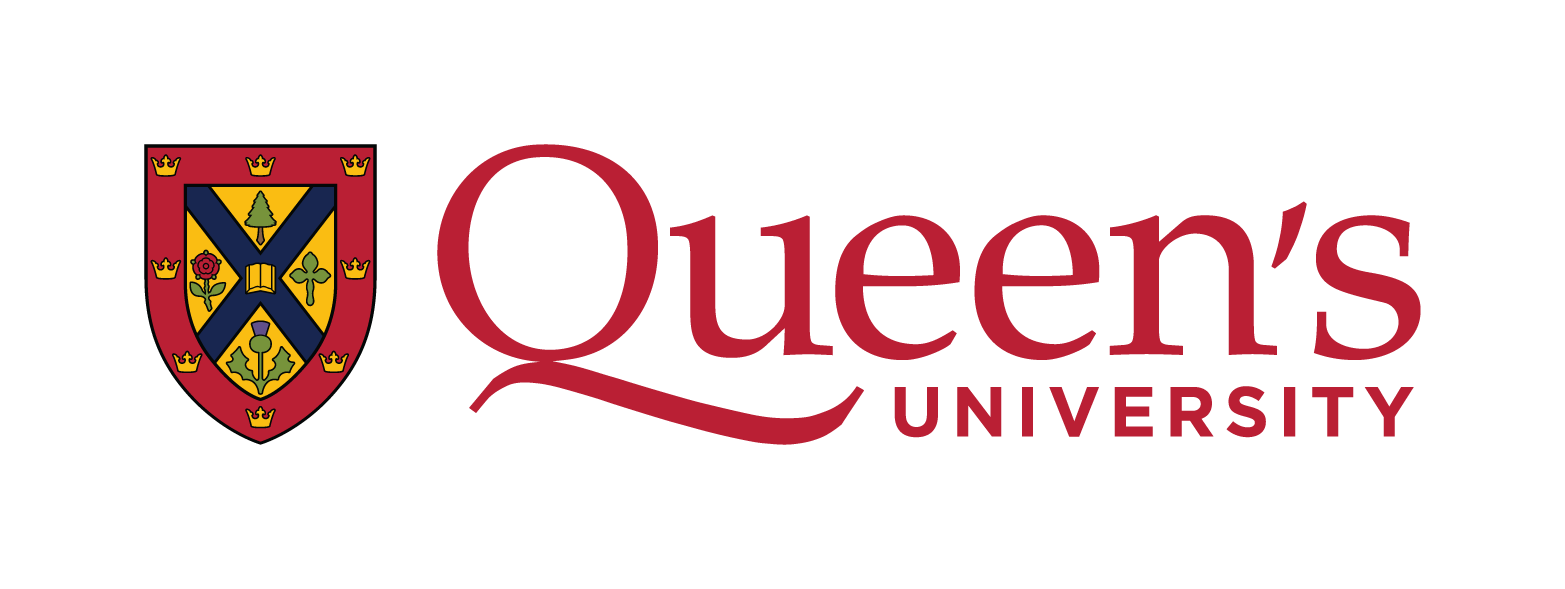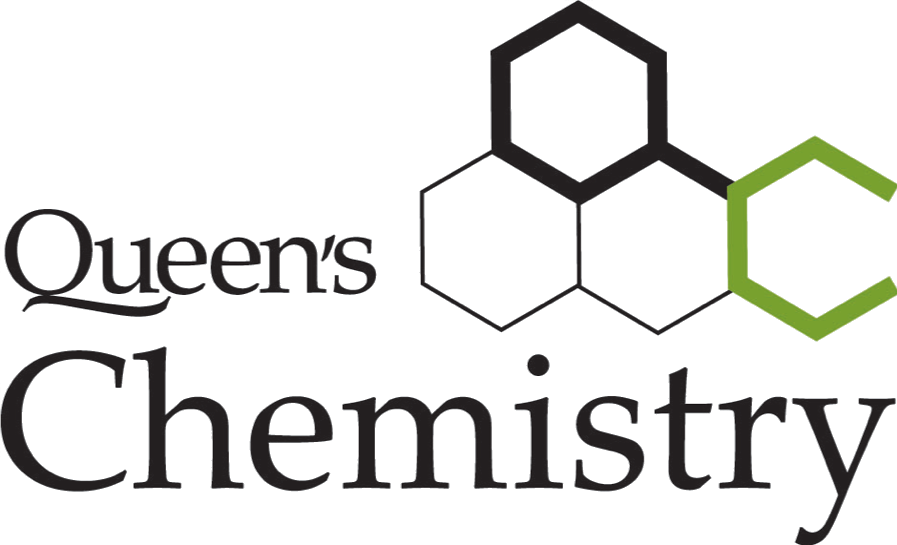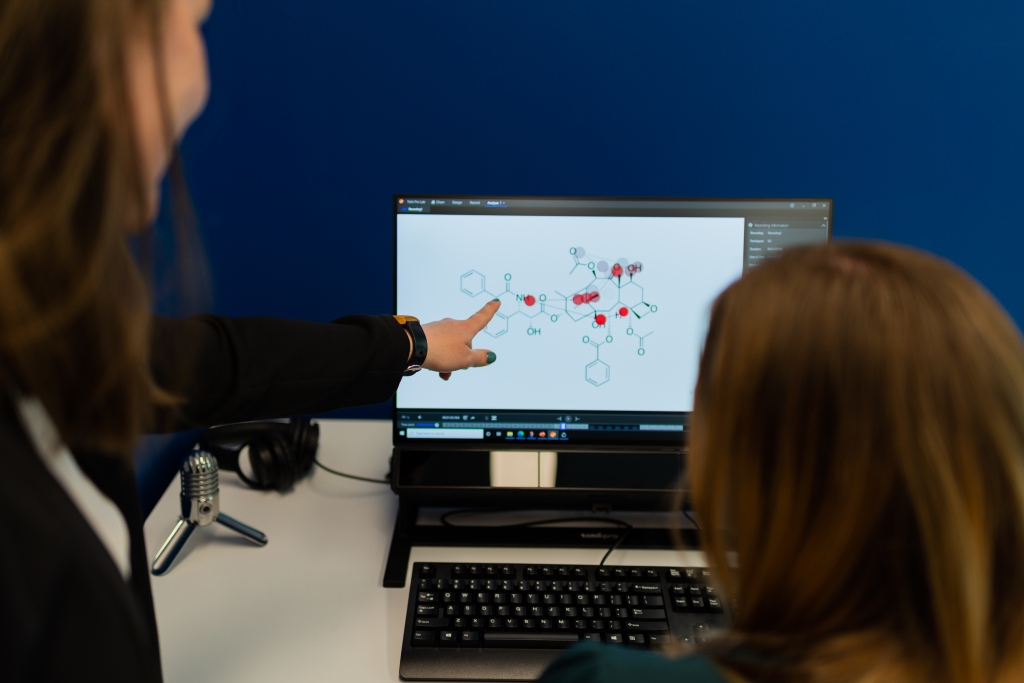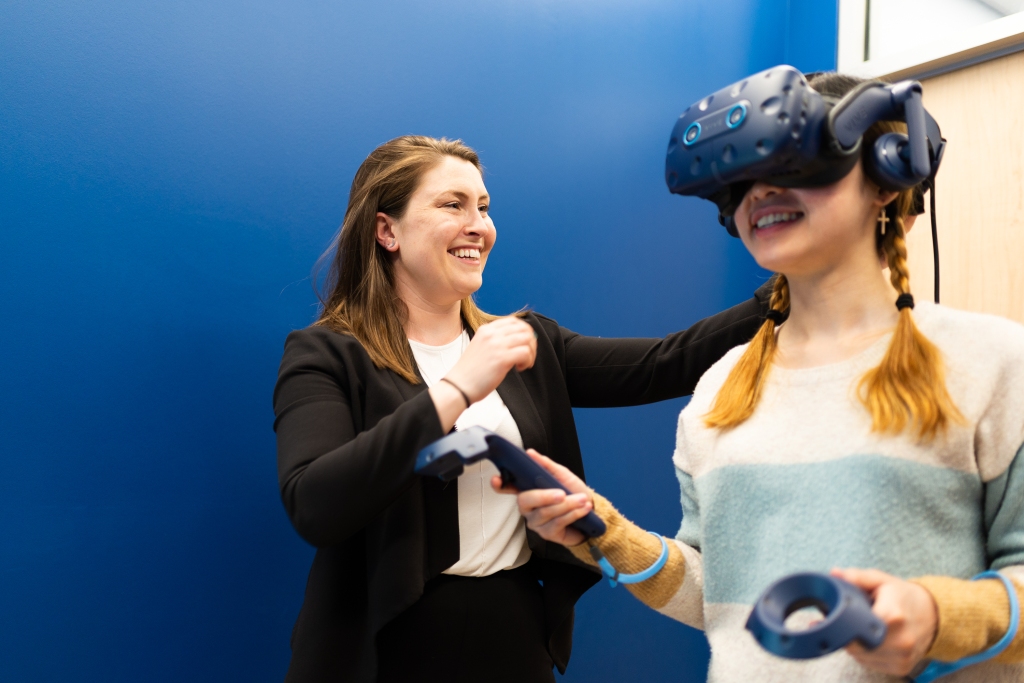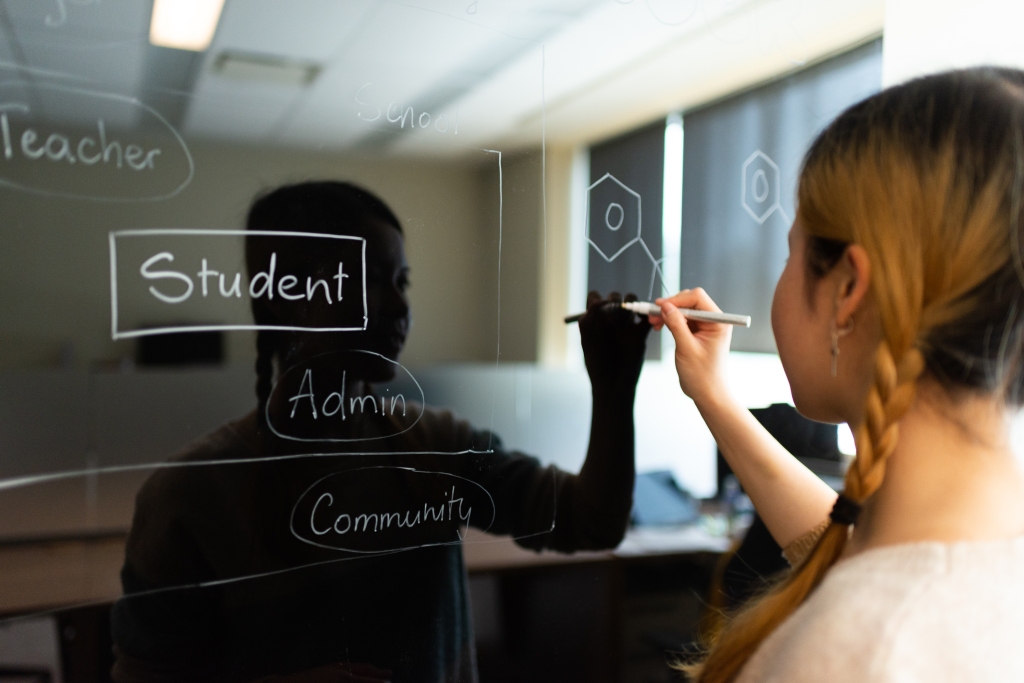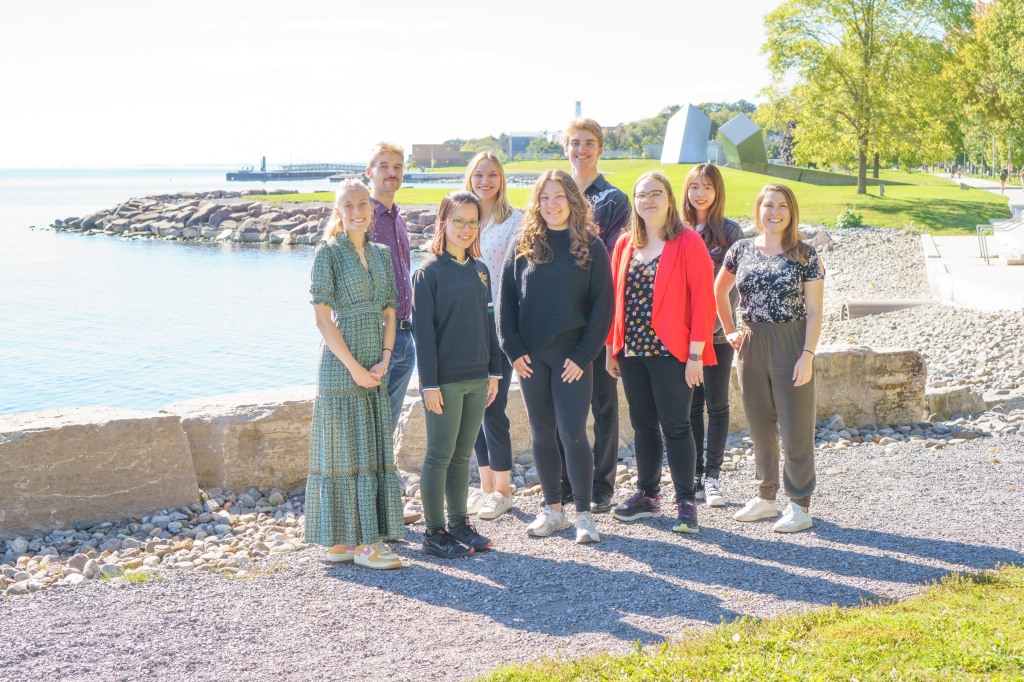Chemistry, Cognition, and Learning
Amanda’s research group studies how chemistry is taught and how people learn. Our lab is interdisciplinary and bridges the social sciences with cognitive science and neuroscience.
OUR RESEARCH GOALS
When people learn, they are processing information: encoding, retrieving, and using information to make decisions. Research in our lab explores how people learn in chemistry, where we rely on models and diagrams since molecules are invisible to the eye. We ask questions like:
- How do novices encode diagrams, and what does this reveal about learning?
- What neural processes are involved?
- What skills are needed to learn in chemistry, and do they overlap with other sciences or the arts?
- How can educators design materials or activities to help students learn?
People
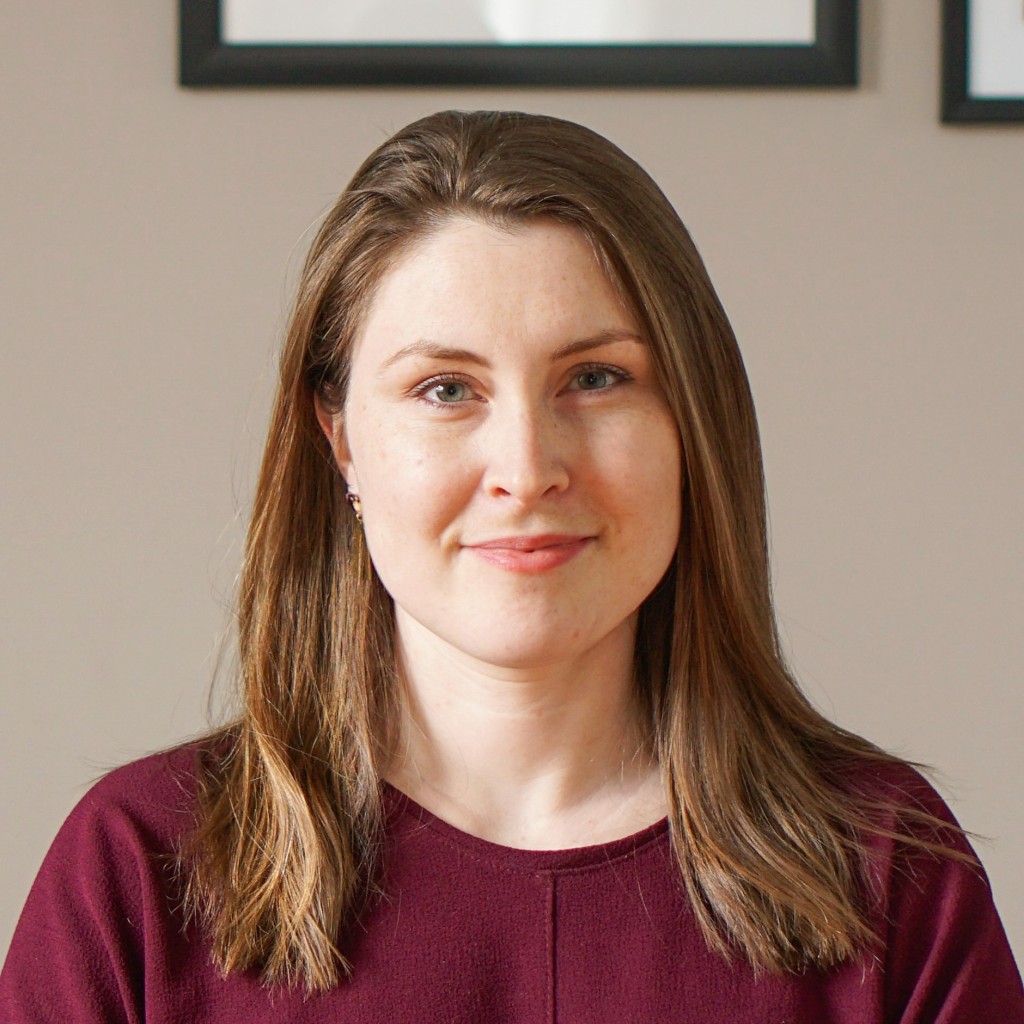
Amanda bongers, PhD.
Assistant Professor, Group Lead 👈
Amanda leads the research group, using her expertise in organic chemistry (Ph.D. 2016) and background in education research and neuroscience (2016-2019). She joined Queen’s in July 2019 as a tenure-track Assistant Professor in the Department of Chemistry.
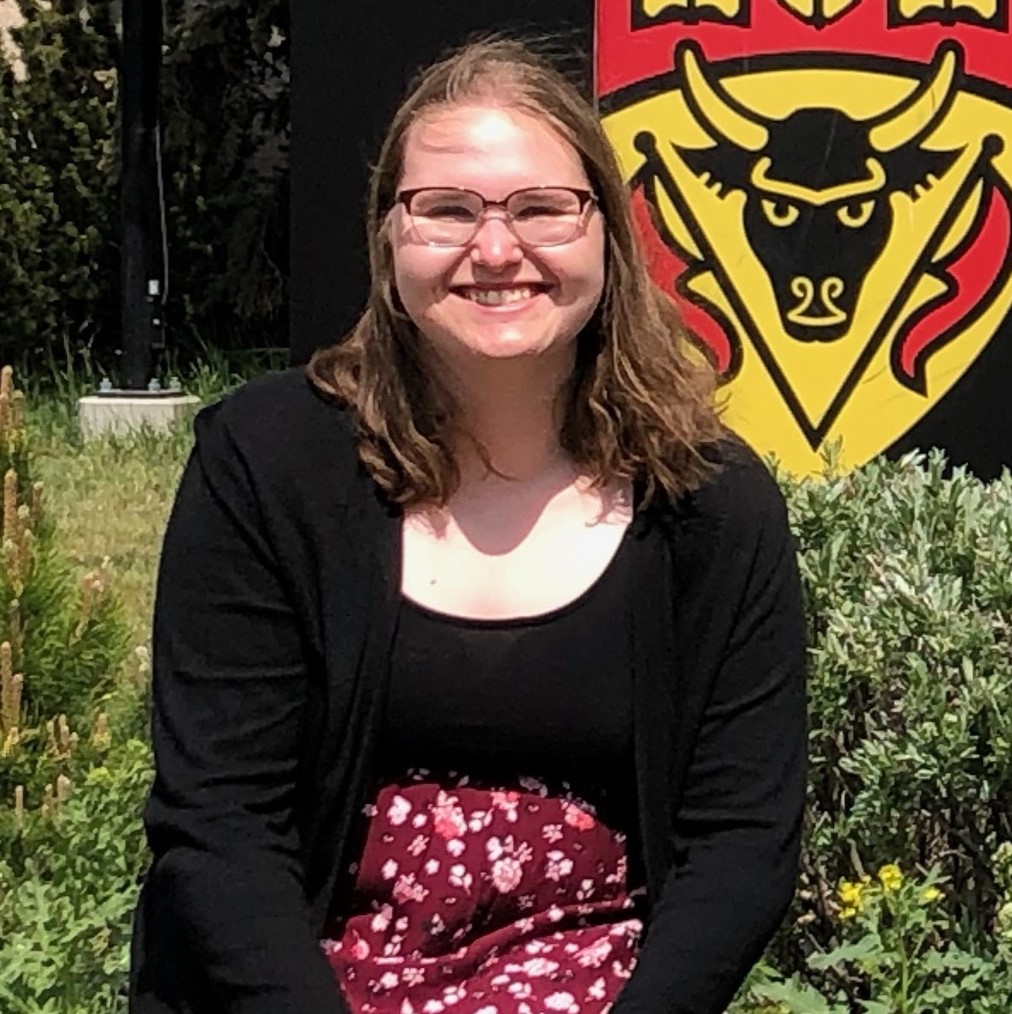
Shauna Schechtel
Ph.D. Student
Shauna’s research focuses on redesigning undergraduate laboratories.
Originally from Calgary AB, Shauna received her B.Sc. in Chemistry (2015) and M.Sc. (2022) from the University of Calgary. During her undergrad Shauna always had a passion for looking for ways to improve learning in undergraduate chemistry. Shauna’s outreach projects include ChemEscape & the School of Magic. Outside of research Shauna enjoys teaching, theater, biking and reading.

Victoria Yu
Neuroscience M.Sc. Student
Victoria is an MSc Neuroscience student and a graduate of the Concurrent Education program at Queen’s. Victoria is actively involved in EDII initiatives including the Queen’s Student Diversity Project and the Dandelion Project.
Victoria’s projects explore memory, and learning using uses experimental design and eye-tracking technology.
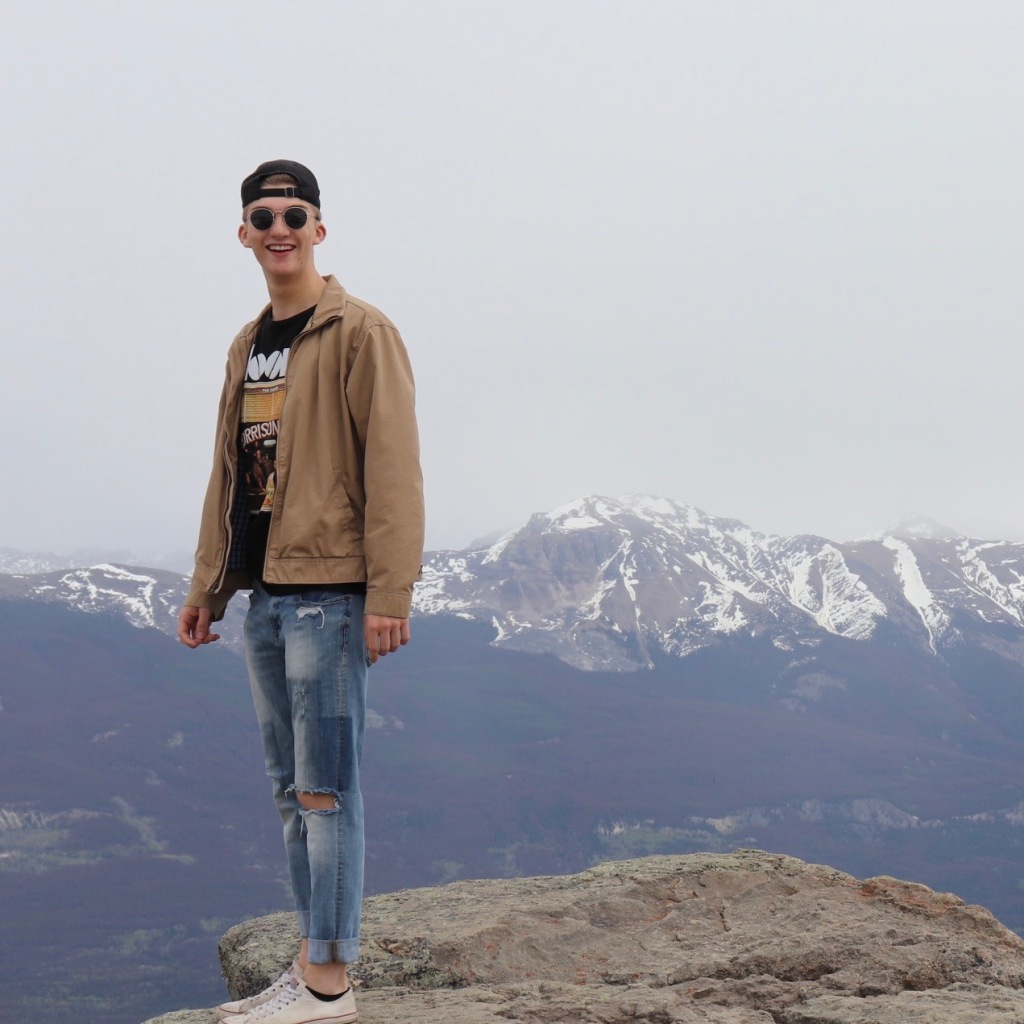
William Lawton
Neuroscience M.Sc. Student
Will is a Neuroscience MSc student. He is using EEG and eye-tracking techniques to study how people gain expertise in chemistry, specifically visual reasoning.
Originally from Sudbury, Ontario, Will holds a B.A. from Laurentian University (2022). In his spare time, Will loves music, sports, and travelling.

Zoe Lord
M.Sc. Student
Zoe received her first BSc. Specialization in Behavioral Neuroscience (2019) and her second BSc. Specialization in Chemistry with a minor in Biology (2022) at Concordia University, Montreal. Outside of her passions for chemistry education, she is an active member in numerous astronautic organizations across Canada and conducts research for space applications.
Zoe’s research aims to study how cognitive load impacts learning and task performance in virtual reality (VR) simulation environments. Zoe is co-supervised by Dr. Paul Hungler.

annemarie wolff
Visiting Scientist
After finishing her undergraduate degree at the University of Toronto, Annemarie completed her MSc in Experimental and Clinical Neuroscience at the University of Regensburg in Germany. There she completed her thesis in molecular psychiatry on the proteomics of schizophrenia at the Royal College of Surgeons in Dublin, Ireland.
Her PhD work at the University of Ottawa then investigated the dynamics of neural activity in healthy individuals using EEG and earned her two awards in the Faculty of Medicine. Her postdoctoral work at the Institute of Mental Health Research in Ottawa took the measures and findings developed during her PhD and applied them to psychiatric data. This resulted in several publications and another award.
Excited to be at Queen’s University, she is working on the cognitive neuroscience component of the science learning work of the Chemistry Education Research Group. She is currently working on the eye tracking, electroencephalography (EEG), and functional near-infrared spectroscopy (fNIRS) data acquisition and analysis of several studies, and can’t wait to analyze the results!

Steven Ganescu
M.Sc. Student
Steven is an MSc student in the Chemistry Department and a graduate of Penn State.
His research tackles the ideas of “drawing to learn” in organic chemistry.

Bela Leger
2023 and 2024 NSERC USRA
Hi, I’m Bela and I am an undergraduate Con-Ed student majoring in chemistry at Queen’s.
My project involves using neuroscience to study generative learning. I love working with the Chemistry Education Research Group as it fits my interests of chemistry and education very well.
Outside of school, I love being outside in the sun and connecting with friends and family.
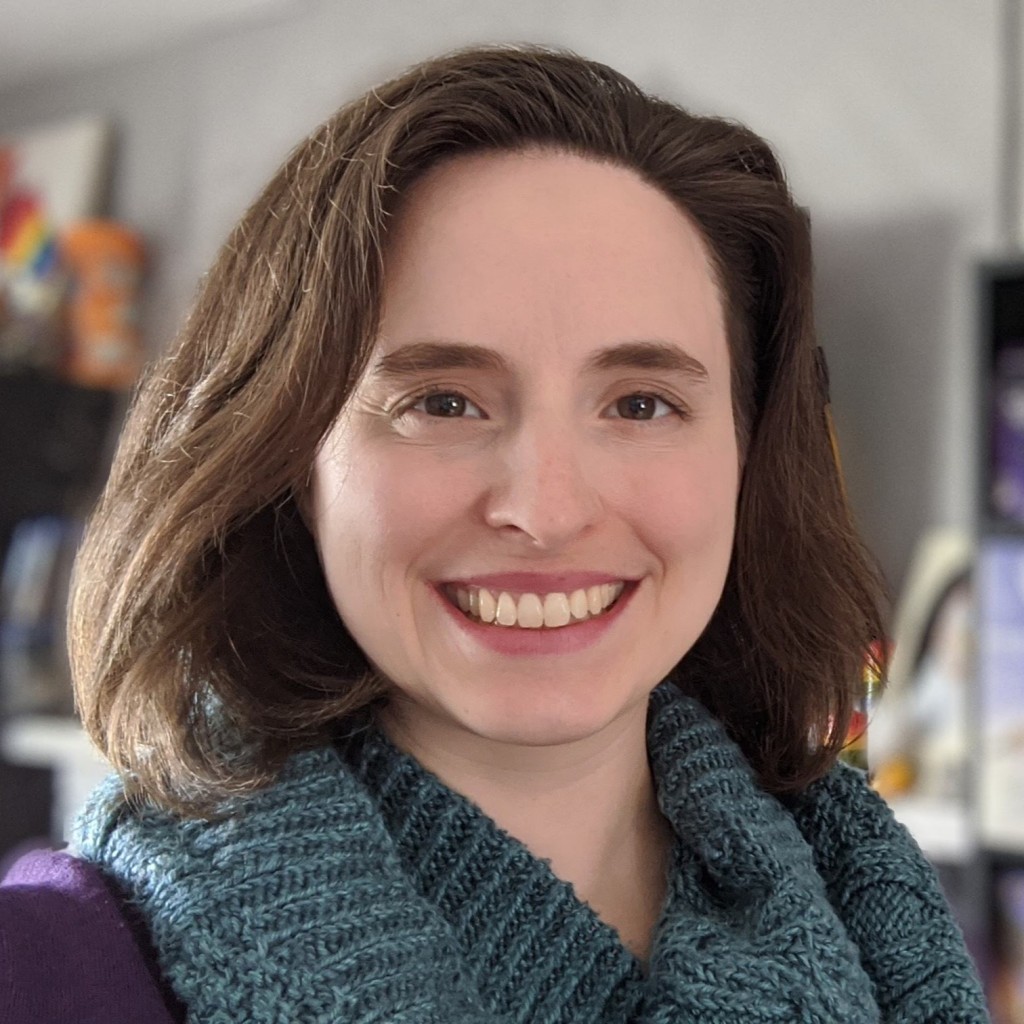
Alaina Boyd, PhD
Collaborator
Alaina grew up in Halifax, Nova Scotia. She completed her undergraduate studies at Acadia University, including her honours thesis on cisplatin derivatives with Dr. Robert Gossage. She went on to complete her PhD at Queen’s University with Drs. Jessop and Buncel on new applications of switchable solvents. While completing her PhD, Alaina developed passions for both green chemistry and chemical education.
Alaina is working with the group, first as a PDF and now as a collaborator, to explore how to integrate green chemistry into standard chemical education.
Publications
peer-reviewed articles
2023
- A. Parker, E. Noronha, A. Bongers.* “Beyond the deficit model: organic chemistry educators’ beliefs and practices about teaching green and sustainable chemistry” J. Chem. Educ. 2023, 100, 1728–1738
- Yu Pei, Sarah Gulycz, Zhe She,* A. Bongers* “A Scaffolded Assessment on Chromatography Theory for Analytical Chemistry Classrooms.” J. Chem. Educ. 2023, 100, 1027-1032
2019-2022
- A. Bongers* “A virtual poster session designed for social learning in undergraduate chemistry research” Journal of Chemical Education 2022, 99, 6, 2259-2269.
- A. Bongers, B. Beauvoir, N. Streja, G. Northoff, A. B. Flynn*. “Building mental models of a reaction mechanism: the influence of static and animated representations, prior knowledge, and spatial ability.” Chem. Educ. Res. Pract. 2020, 21, 496–512.
- A. Bongers, A. B. Flynn, G. Northoff*. “Is learning scale-free? Chemistry learning increases EEG fractal power and changes the power law exponent.” Neurosci. Res. 2020 Jul;156:165-177.
- A. Bongers, G. Northoff, A. B. Flynn*. “Working with Mental Models to Learn and Visualize a New Reaction Mechanism.” Chem. Educ. Res. Pract. 2019, 20, 554–569.
2018 and earlier
- Intermolecular Aminocarbonylation of Alkenes using Concerted Cycloadditions of Iminoisocyanates. Journal of Organic Chemistry 2017 82(2) 1175-1194
- Synthesis of Cyclic Azomethine Imines by Cycloaddition Reactions of N-Isocyanates and N-Isothiocyanates Organic letters 2016 18(15), 3778-3781
- Kinetic resolution of azomethine imines by Brønsted acid catalyzed enantioselective reduction Angewandte Chemie International Edition 2015 54(51), 15516-15519
- Modular Synthesis of Pyrazolones Using an Alkene Aminocarbonylation Reaction Organic letters 2015 17(14), 3612-3615
- A tunable route for the synthesis of azomethine imines and β-aminocarbonyl compounds from alkenes Journal of the American Chemical Society 2012 134(39), 16111-16114
other work
Get Involved
active studies
We are often looking for students, faculty, or the general public to participate in online or in-person research studies. Below you can find a list of our active studies. Contact Amanda to participate!
- Recruiting chemists (graduate students, post-docs, faculty, working in industry) for an online experiment. Contact Amanda for access.
join the group
We are actively recruiting domestic undergrad, MSc, PhD students and postdocs, and international PhD students.
If you’re interested in joining our group please check out the application guidelines and email Prof. Bongers at amanda.bongers@queensu.ca and please include:
- your curriculum vitae or resume
- who you are and in what position you are interested
- explain your interest in our research
- *prospective post-docs only* provide a one-page critique of one of our research papers
Due to a high number of applicants, only candidates that can be considered for a position will be contacted.
PAST MEMBERS
PhD & MSc
- Phung Nguyen, MSc Chemistry ’22. Professor at Loyalist College
Undergraduate
- Sarah Brown (Thesis) BSc Chemistry ’23. Continuing with a B. Ed. degree at Queen’s
- Yifan Gui (Thesis) BSc Chemistry ’23
- Jackson De Verteuil (Thesis co-supervised) BSc Chemistry ’23. Continuing with a B. Ed. degree at Queen’s
- Alex Parker (Thesis, NSERC USRA), BSc Chemistry ’22. Continuing with a B. Ed. degree at Queen’s
- James Ingman (Thesis), BASc Engineering Chemistry ’21. Continuing with a B. Ed. degree at Queen’s
- Sarah Gulycz (Thesis co-supervised), B.Sc. Chemistry ’21. Pursuing a post-Graduate program in Cosmetic Science
- Evan Noronha (Thesis), Con. Ed. B.Sc. ’21. Pursuing a degree in Outdoor Education at Queen’s
- Manisha Blaskevitch (NSERC USRA, Thesis), B.Sc. Chemistry ’21. Pursuing an M.Sc. in Epidemiology at McGill
- Alex Hemmerich (USSRF), Con. Ed. B.Sc. Student, Chemistry.
- Joey Liu (Work Study), pursued research in the Lohans lab and is attending Western for med school
- Santosh Pillarisetty (Work Study), BScH ’23
- Katie Henderson (Thesis), B.A.Sc. Engineering Chemistry ’20. Policy Engineer at Environment and Climate Change and Canada
- Galen Yang (Work Study), B.Sc. Chemistry ’20. Pursuing PhD at McGill in the Moore group
- Josh Watters (Thesis), B.Sc. Chemistry ’20. Joined the Sales Leadership Development Program with Fritolay
